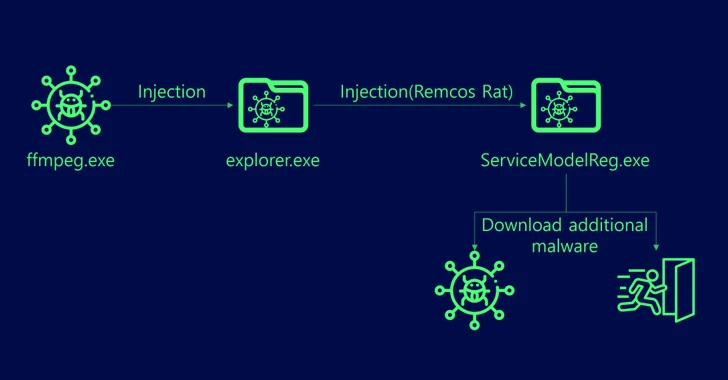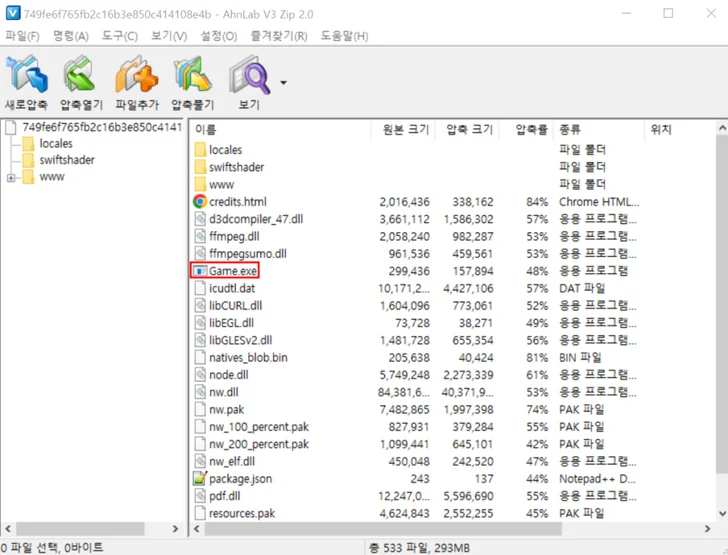Ransomware associated with LockBit still spreading 2 days after server takedown

Two days after an international team of authorities struck a major blow at LockBit, one of the Internet’s most prolific ransomware syndicates, researchers have detected a new round of attacks that are installing malware associated with the group.
The attacks, detected in the past 24 hours, are exploiting two critical vulnerabilities in ScreenConnect, a remote desktop application sold by Connectwise. According to researchers at two security firms—SophosXOps and Huntress—attackers who successfully exploit the vulnerabilities go on to install LockBit ransomware and other post-exploit malware. It wasn’t immediately clear if the ransomware was the official LockBit version.
“We can’t publicly name the customers at this time but can confirm the malware being deployed is associated with LockBit, which is particularly interesting against the backdrop of the recent LockBit takedown,” John Hammond, principal security researcher at Huntress, wrote in an email. “While we can’t attribute this directly to the larger LockBit group, it is clear that LockBit has a large reach that spans tooling, various affiliate groups, and offshoots that have not been completely erased even with the major takedown by law enforcement.”
Hammond said the ransomware is being deployed to “vet offices, health clinics, and local governments (including attacks against systems related to 911 systems).”
Muddying the attribution waters
SophosXOps and Huntress didn’t say if the ransomware being installed is the official LockBit version or a version leaked by a disgruntled LockBit insider in 2022. The leaked builder has circulated widely since then and has touched off a string of copycat attacks that aren’t part of the official operation.
“When builds are leaked, it can also muddy the waters with regards to attribution,” researchers from security firm Trend Micro said Thursday. “For example, in August 2023, we observed a group that called itself the Flamingo group using a leaked LockBit payload bundled with the Rhadamanthys stealer. In November 2023, we found another group, going by the moniker Spacecolon,…






